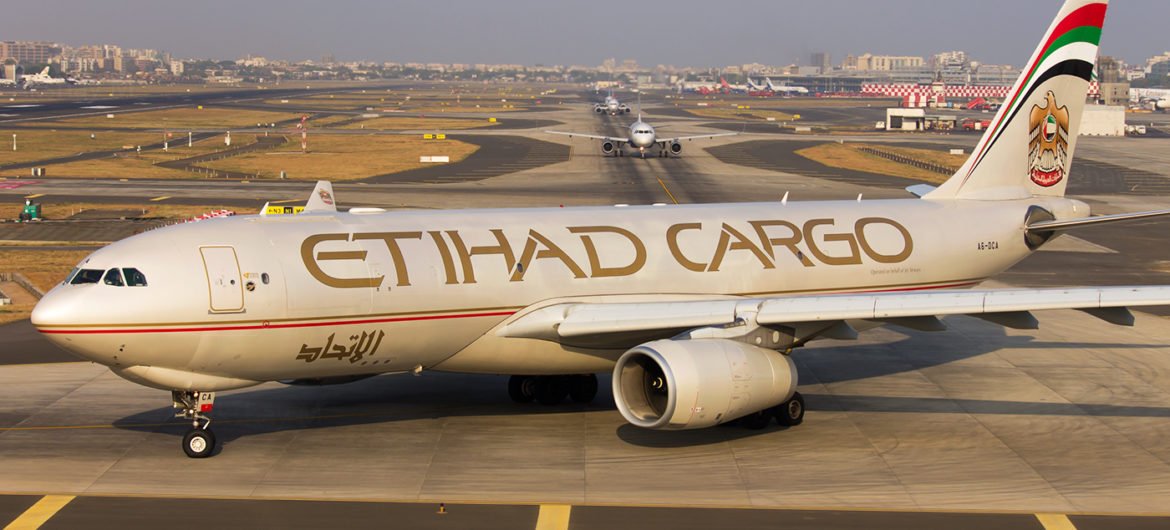Introduction of Airbus A330-200F Freighter
Airbus A330-200F is the new name of ‘Versatility.’ Being the youngest freighter aircraft in the aviation industry; It has everything that a customer looks for in an air freighter. The A330-200F is actually a derivative of the commercial version of A330 but with slight modification, which is understandable. The variant formally came into service in 2010.
It’s all about ‘VERSATILITY’
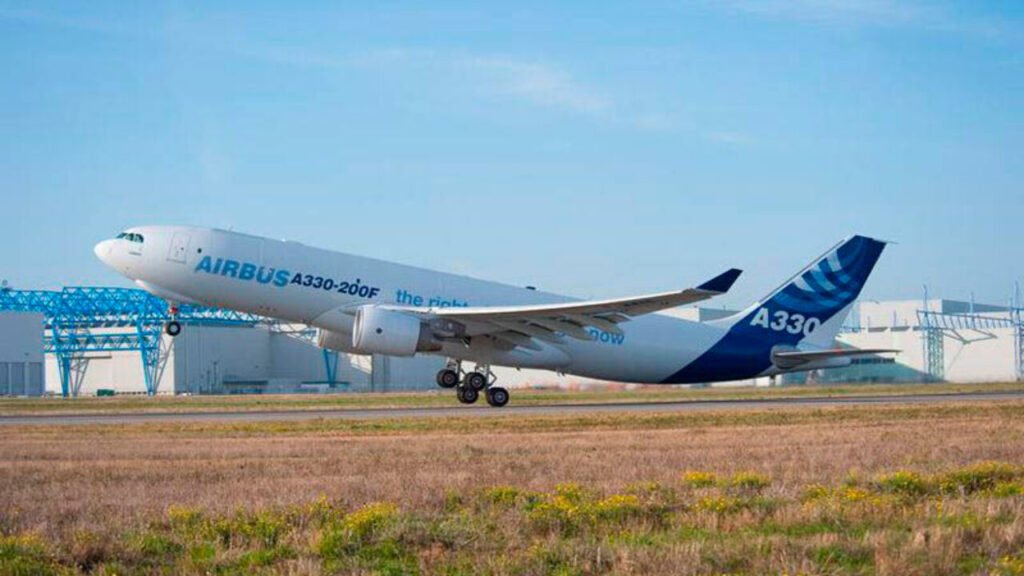
Read more: Airbus A330 the ‘WORK HORSE’
Sustainability
The aircraft is produced on the same final assembly line at Toulouse, France, as the other A330 and A340 Family aircraft. Production at the same assembly line promotes the concept of sustainability. The concept actually saves cost and, at the same time, provides the opportunity to meet the market demand. Similarly, the aircraft has the same glass cockpit configuration, including the fly-by-wire system as its predecessors. This continuity in configuration helps in reduced costs, including training and maintenance. Moreover, future productions of A330-200F will remain active for long times to come.
All Eyes on the A330-200F
Since its induction into service, many of the cargo carriers have switched their options for the A330-200F. The prime reason behind its success is its flexibility. Furthermore, the aircraft has a reliability factor of 99.6%, which makes it the prime choice. The aircraft was designed to suit the rapidly changing market dynamics ideally. As a matter of fact, the A330-200F has shaped the future of air cargo transport.

Read more:- Airbus A330 MRTT – Military Variant of A330
The most interesting fact about this variant is the flexibility in accommodating the different types of freight loads. In addition. the aircraft offers the leverage and adaptability to the operators to opt for different cargo strategies. This special factor helps them save up to 35% lower operating costs per tonne than any other freighter aircraft. Not only this, but it also provides an optimized load factor to the operators.
Operators
Etihad was the first operator of Airbus A330-200F. It was delivered to Etihad Airways in 2010. Hong Kong Airlines was the second operator that received the A330-200F. Turkish Airlines became the third operator to receive the A330-200F in September 2010.
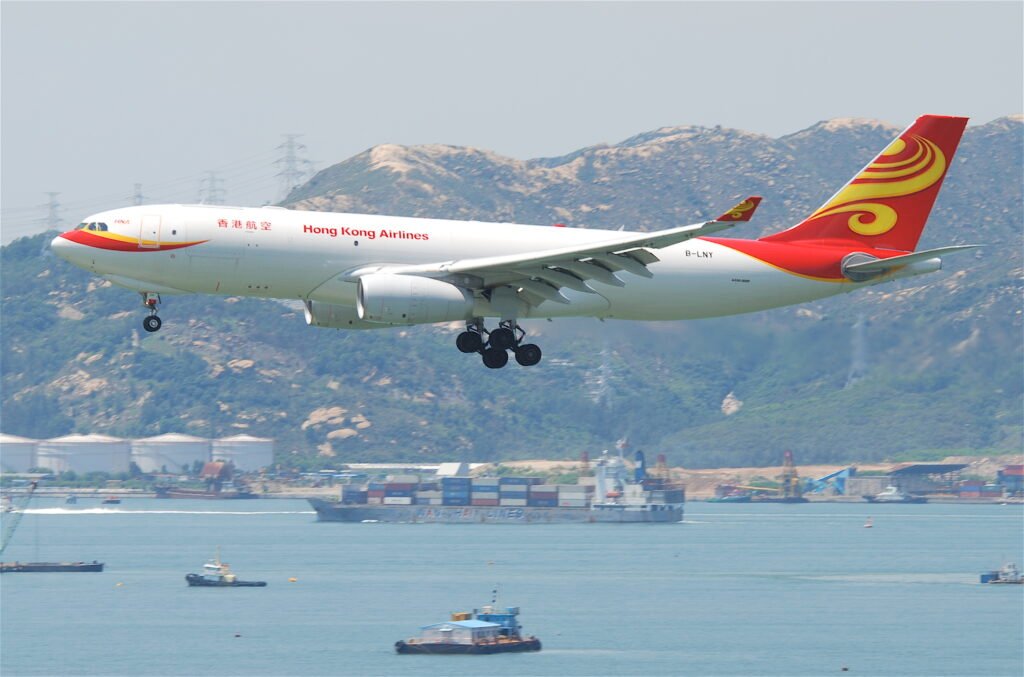
Turkish Airlines (for the Turkish cargo division) is the largest A330-200F operator in the world. It has a fleet size of 10 air freighters in total. Tampa Cargo, a cargo airline, received its four A330-200F from Airbus in December 2012. That makes it the first operator of A330F in South America. Malaysia Airlines also purchased four freighters for the carrier’s MASkargo subsidiary, and Hong Kong Airlines bought three air freighters from Aircastle in August 2013.
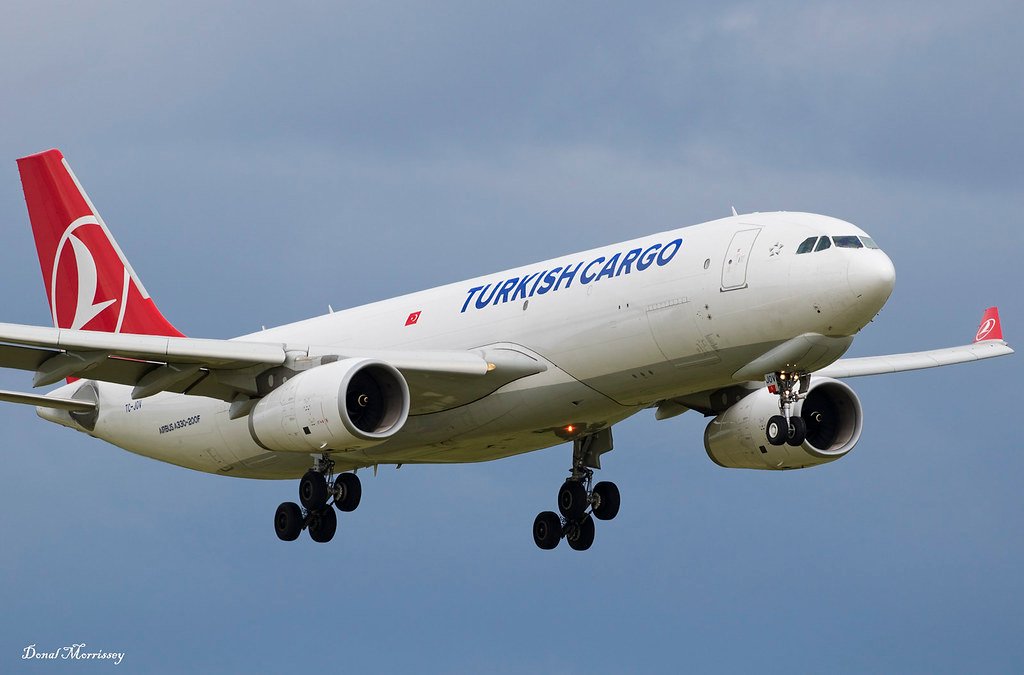
Offering a Unique Solution
The A330-200F offers better payload, range, and economics than any other freighters in its class. Being an all-new-generation freighter, the A330-200F is highly efficient in its operations. Moreover, it produces less noise and carbon emissions than the earlier mid-sized cargo aircraft used in the world at present. The large Main Deck Cargo Door of the aircraft allows it to accept all commonly-used pallets and containers. Thus, enabling the transport of various cargo ranges, starting from high-value consumer goods to express packages and all kinds of perishables.

Performance and Capacity
The Airbus A330F has both range and capacity. In terms of performance, the aircraft offers the least cost per tonne as compared to its competitors. The aircraft can accommodate a freight load ranging from 65-70 tonnes. Moreover, the range also varies following the load. The A330-200F offers a range between 5900 km to 7400 km. For a mid-size cargo, this is quite an appealing offer for large cargo handling operators. In addition. the aircraft offers 30% more volume than any freighter in the same class and configuration.
The main deck of an A330-200F can accommodate 23 side-by-side pallets. Similarly, the aircraft has a spacious lower-deck. It can hold a cargo of up to 26 LD3 (Loading Device or the Unit Loading Device – ULD) containers with some additional bulk cargo. This cargo holding configuration makes it the most preferred choice of an airline in general, and a cargo operator in particular.
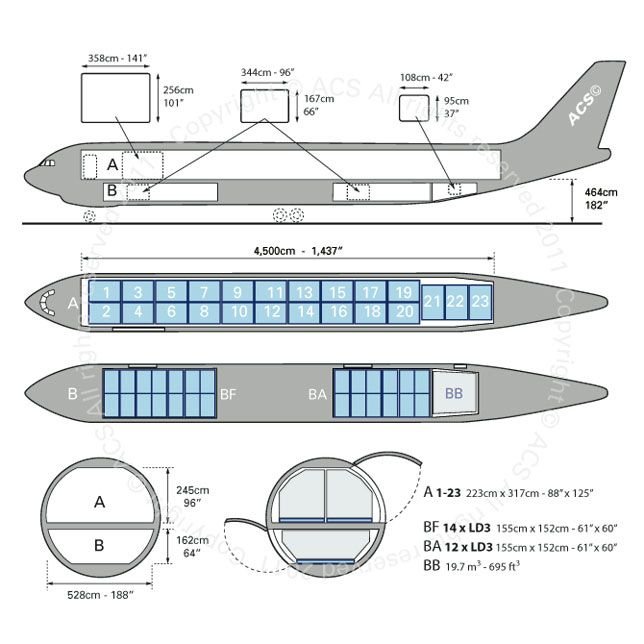
Round-Up!
Airbus A330-200F is the next generation freighter for the future. It is the best derivative taken out from a commercial jet already in use with multiple airlines. Like its base aircraft (A330), the A330-200F has yet to make its footprints in untapped markets around the globe. With its success and popularity among the existing users, it can be well suggested that this freighter will stay in the market for a very long time. Additionally, the Airbus Global Market Forecast (GMF) also foresees a demand of more than 850 freighters in the coming next 20 years. With the cargo demand of COVID vaccine, humanitarian and medical aids surging in present times, the foreseeable seems to happen earlier than expected.
Written by guest writer, Faisal Bashir
